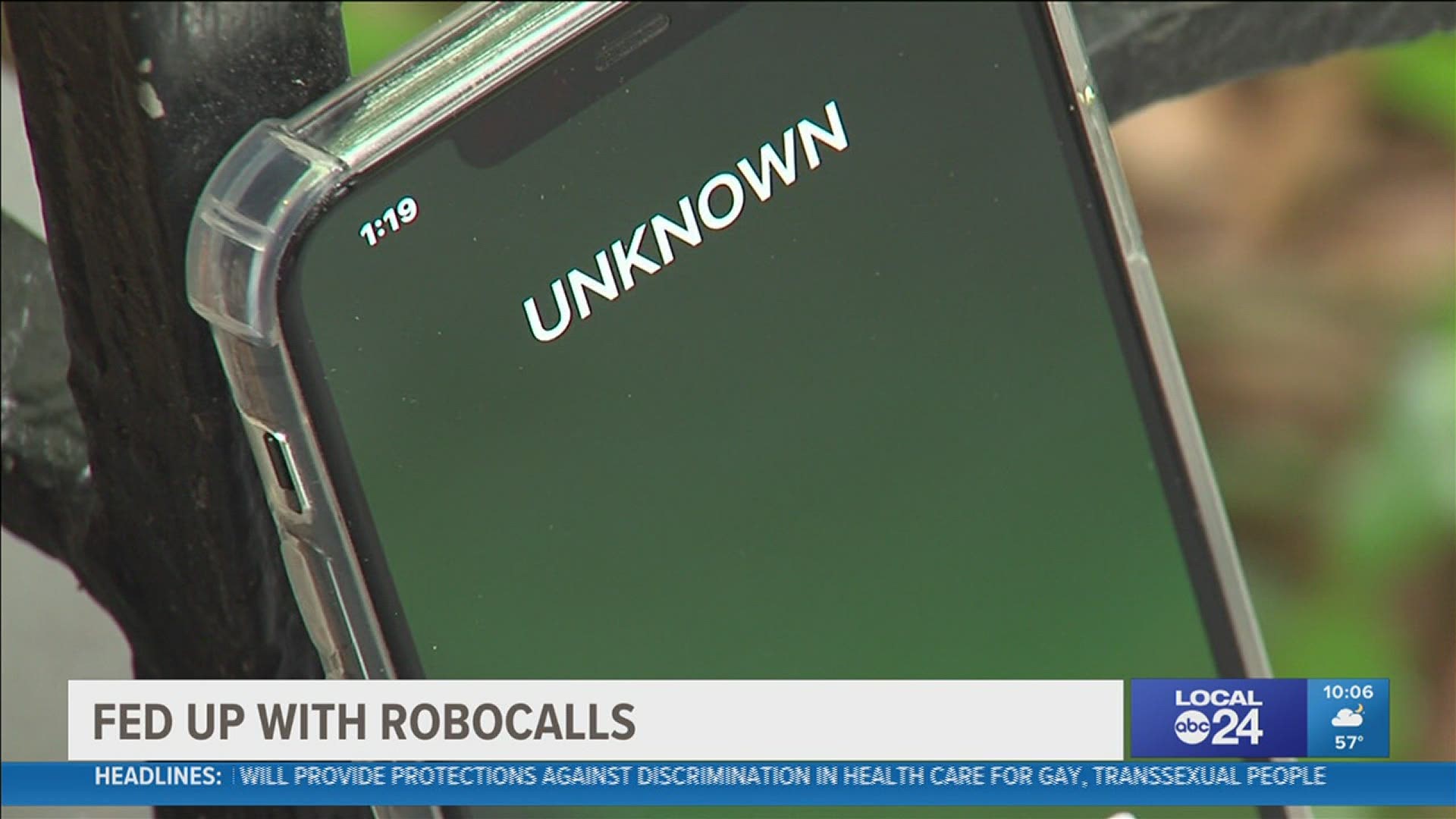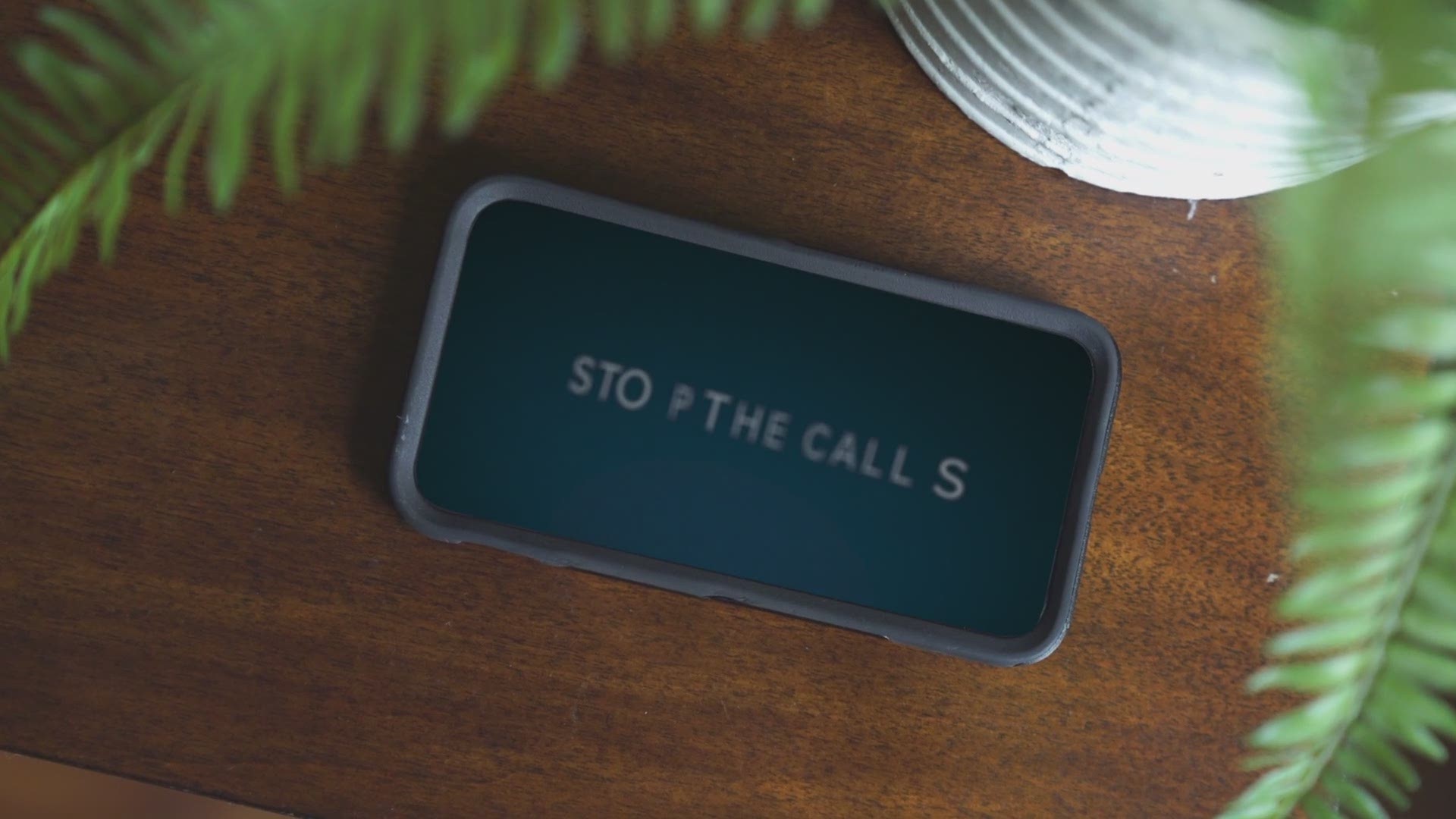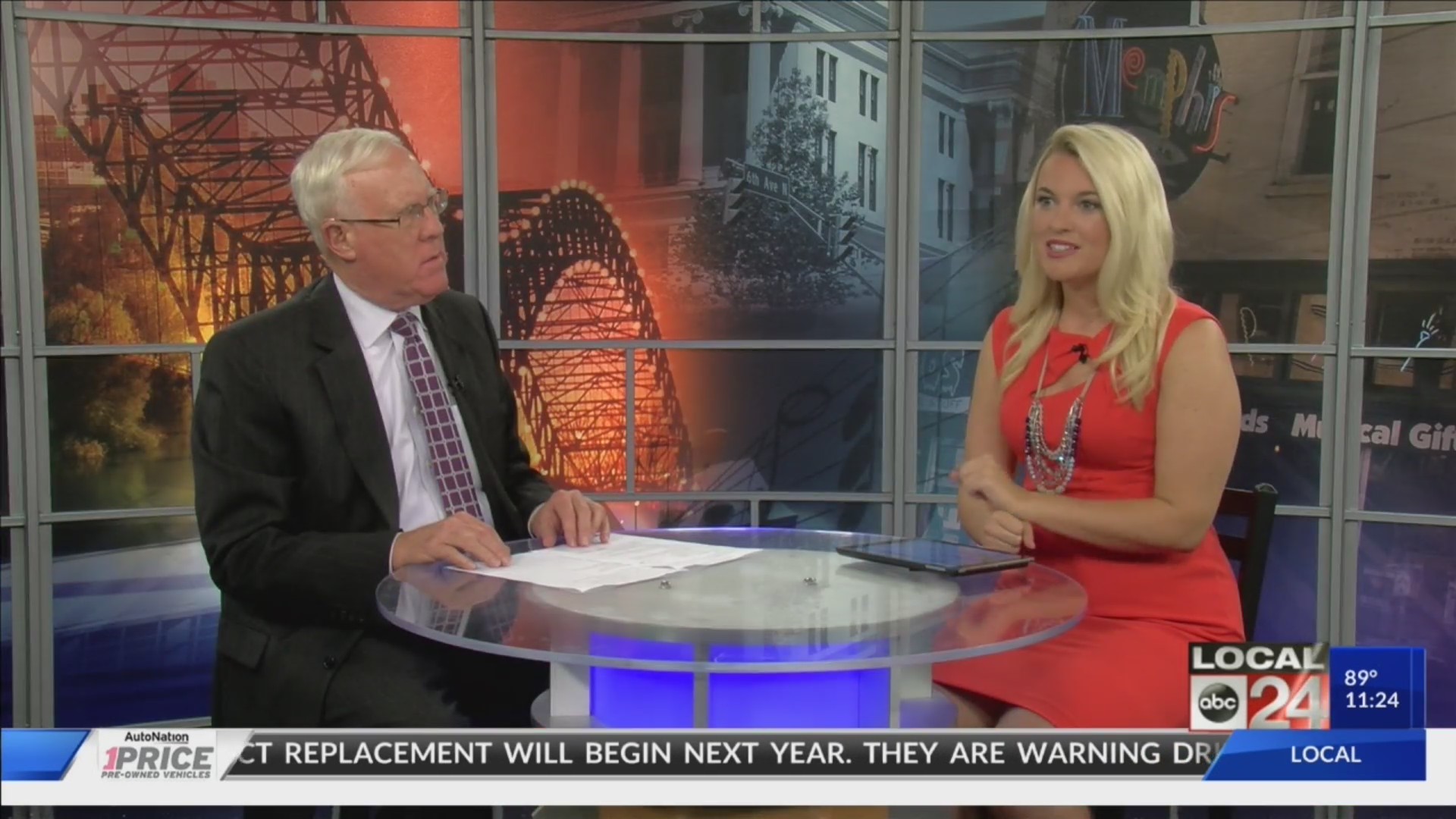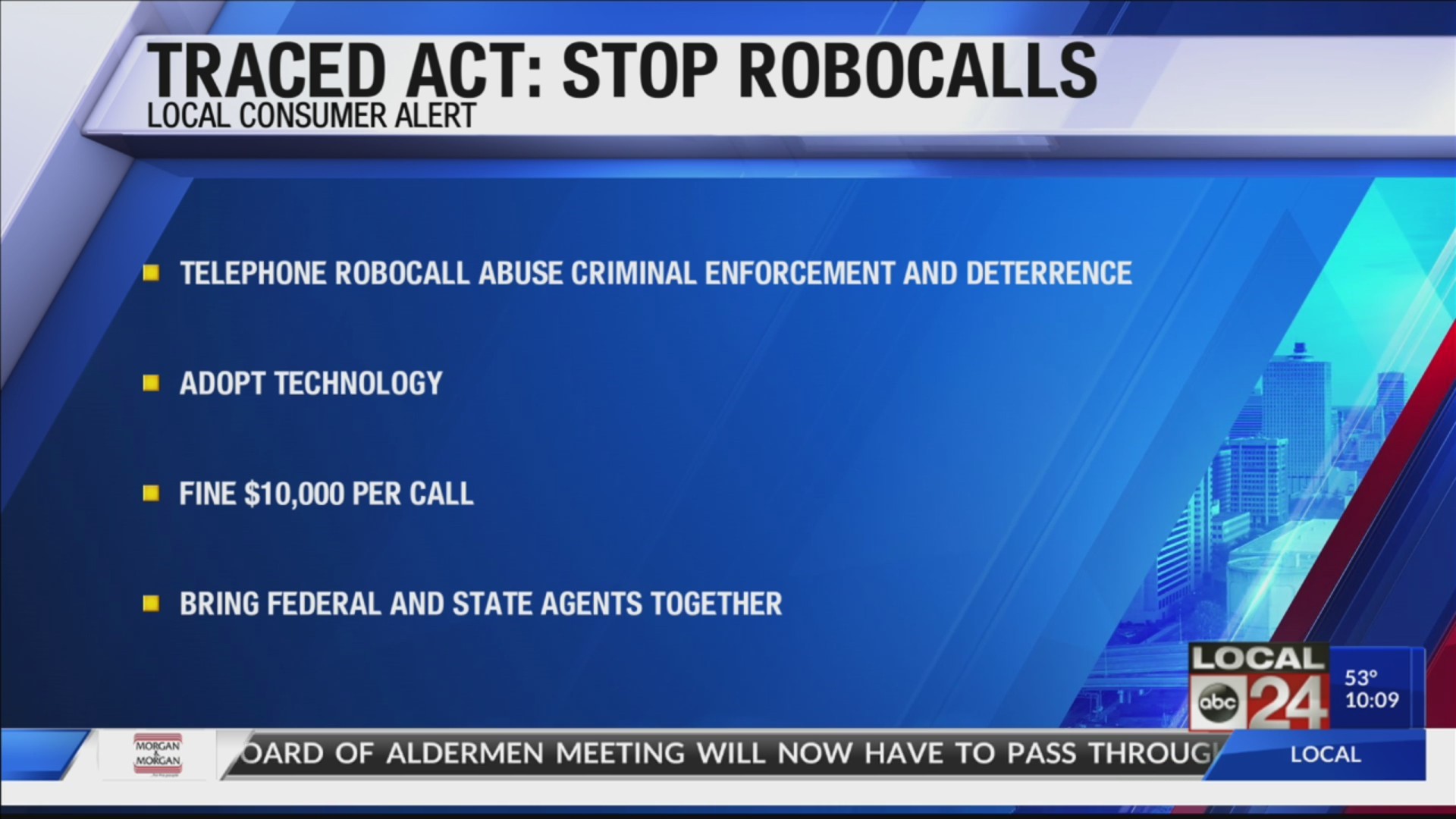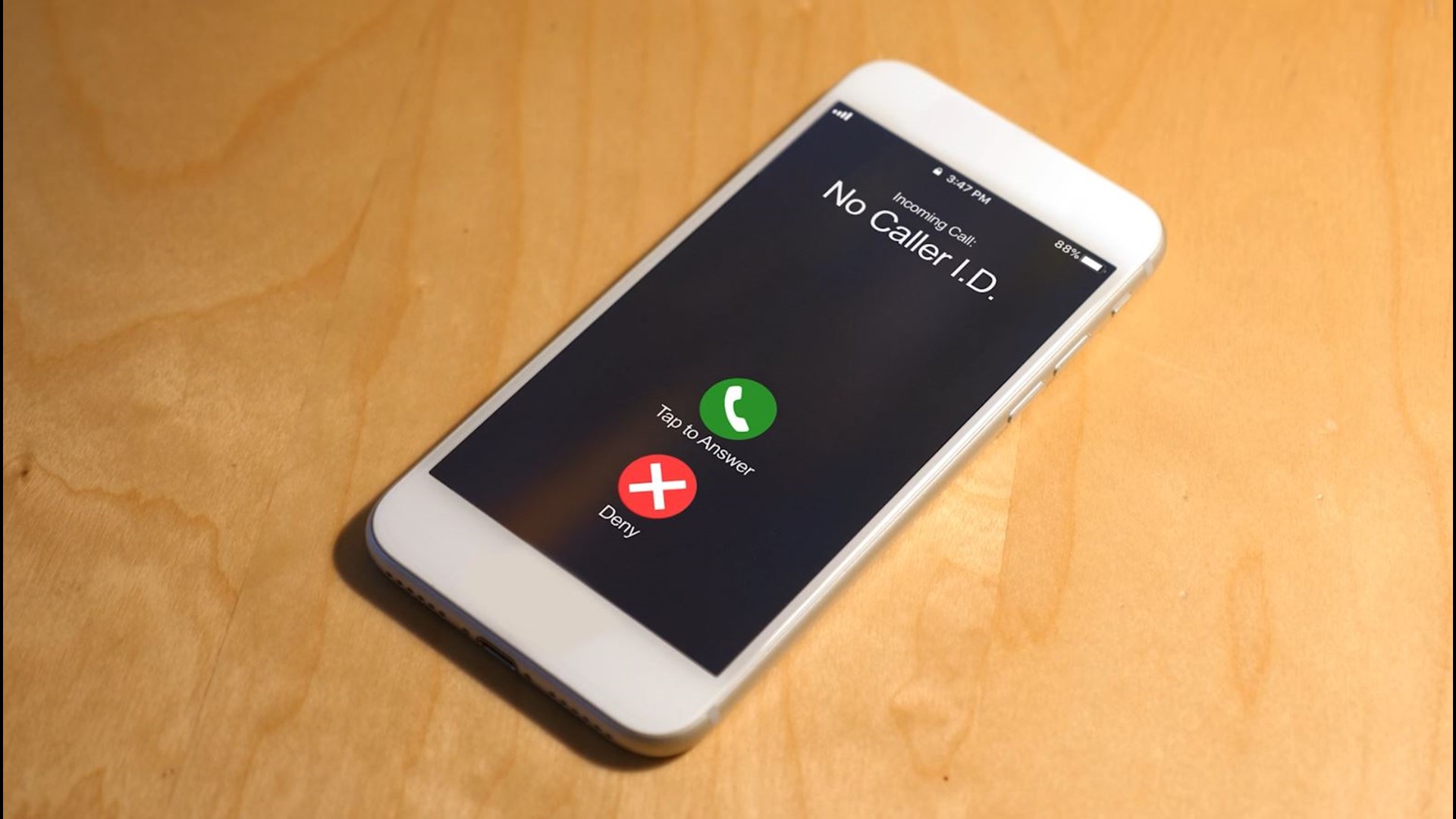MEMPHIS, Tenn — Local 24 News and the Local I-Team are digging deeper into an issue impacting us all: robocalls. It is the number one complaint to the FTC and FCC.
Many viewers have told us how annoying they are, and how it’s impossible to get them to stop.
One of the biggest concerns is why the robocalls and robotexts happen so often in the Mid-South.
"If it comes up as a random number or unknown, I don’t pick up the call," said Erin Corbett.
RELATED: How do robocalls work?
Corbett, who lives in Memphis said when the phone rings, she expects the same old, same old.
Corbett has registered her phone number on the 'Do Not Call' list, yet she still receives many calls to her mobile phone.
"It doesn’t seem to be helping," said Corbett.
Robocallers call early and often.
Youmail’s Robocall index shows more than 4,000,000,000 robocalls were placed in April, 2021. Here’s how the numbers break down.
- 147.6 million every day.
- More than 6 million an hour.
- Nearly 2,000 a second.
- On average— we get robocalls about 14 times a day.
The problem has gotten worse in Memphis.

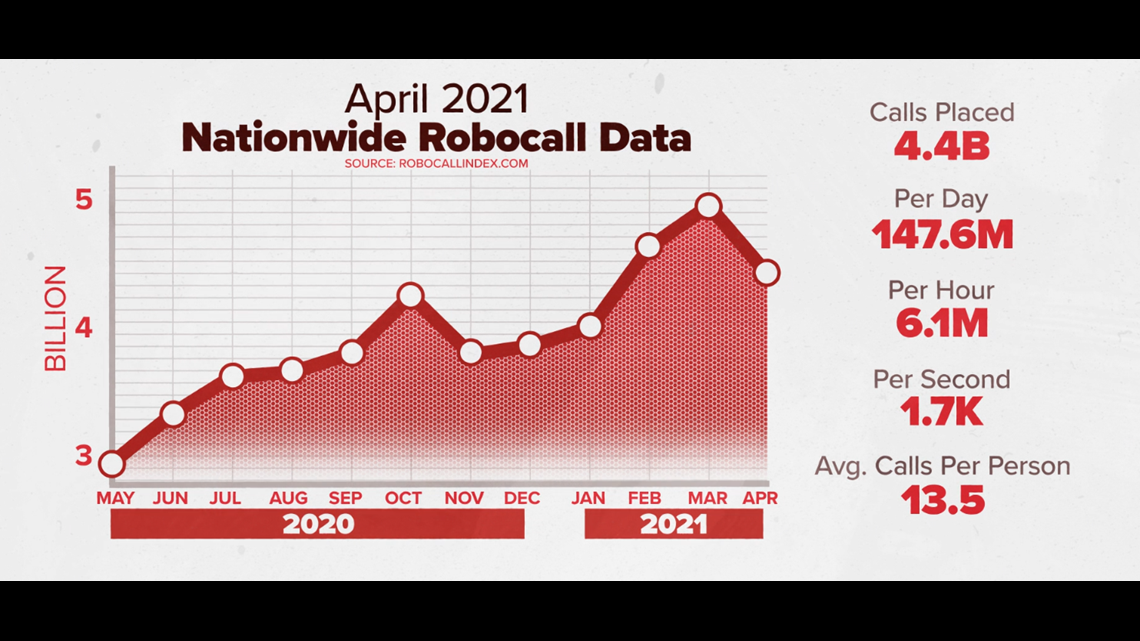
Youmail's Robocall index data showed, per capita, Memphis ranked second in the country for the top affected areas in April 2021.
Data showed more than half of the calls were from telemarketers and scammers.

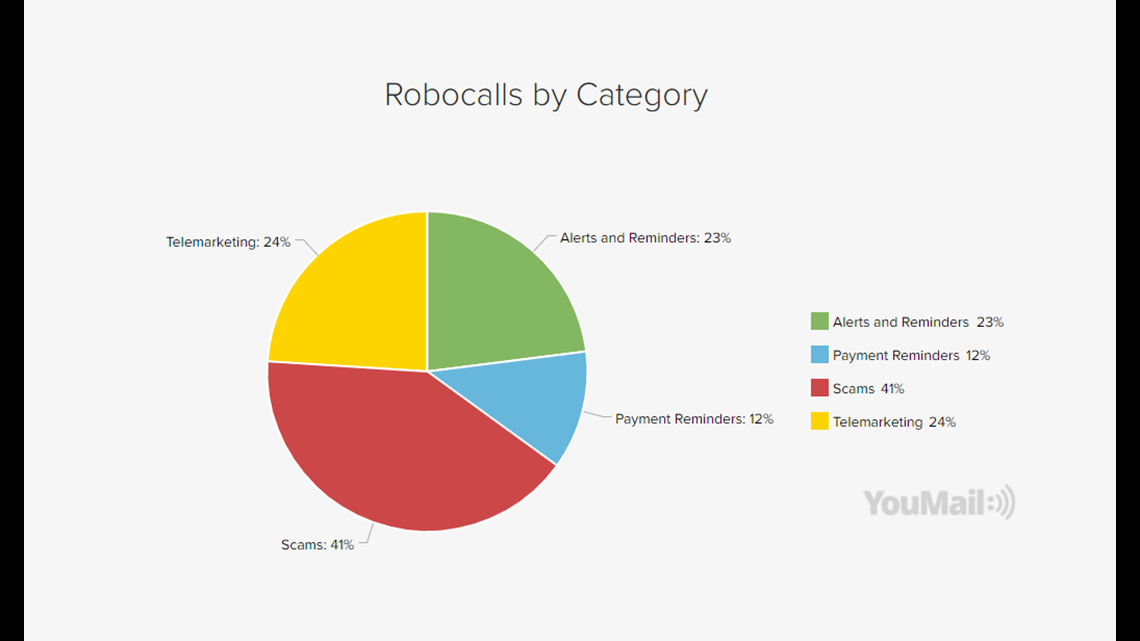
“It’s frustrating that we don’t have harsher penalties or better abilities to identify calls," said Andrew Narod. Narod is a Partner at Bradley Arant Boult Cummings, LLP
Narod is an attorney who represents businesses and helps them comply with the Telephone Consumer Protection Act, commonly known as the TCPA.
Narod said there’s a reason cracking down on the calls and texts isn’t easy.
"So we wind up having people that make these telephone calls from other countries, and you can’t track them. You can’t enforce certain laws such as the Traced Act or the Telephone Consumer Protection Act in order to stop them from doing illegal things," said Narod.
As the number of calls break records, so do the number of complaints to the Federal Communications Commission.
Three out every four complaints to the FCC are for unwanted robocalls, and thousands of those complaints are from the Memphis area.
While states like Tennessee have enacted laws to increase penalties for unwanted callers who provide false caller-id information, the problem is evident.
Unfortunately, according to experts, it isn’t going away.
"I think it is something that you live with," said Corbett. “Obviously the Do Not Call list don’t work, I don’t know of another way to get this to stop.”

